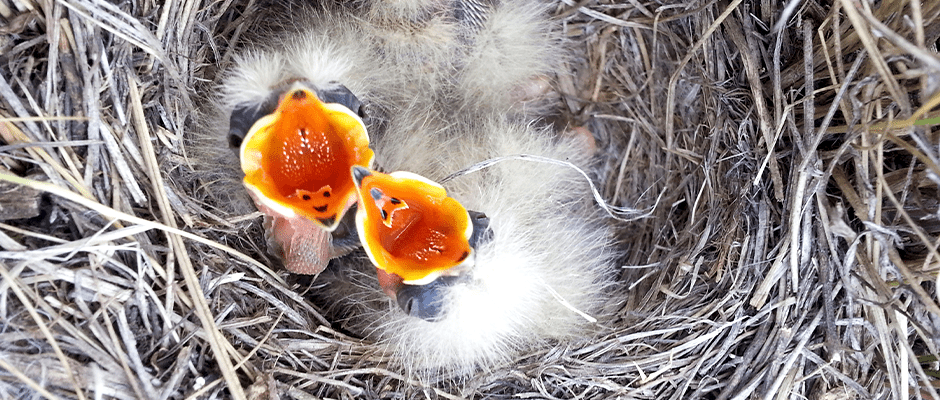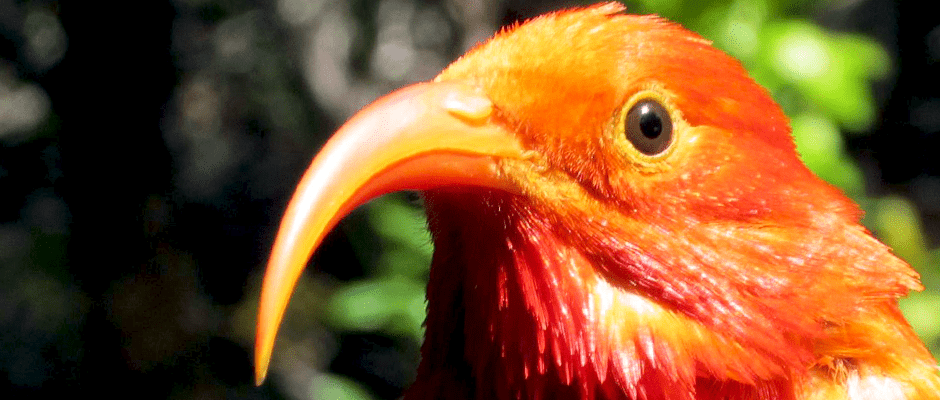- News
-
-
-
-
-
Latest News Articles
- 2024 TWS Elections: Canadian Representative April 18, 2024
- Gentrification brings more wildlife to urban areas April 18, 2024
- Oil and gas development, tree cover not good for pronghorn productivity April 17, 2024
-
-
-
- Wildlife Professional Resources
-
- Our Network
-
- PUBLICATIONS
-
-
Recent Posts
-
 The Wildlife Professional November/December Issue
November 1, 2023
The Wildlife Professional November/December Issue
November 1, 2023
-
-
-
-
-
-
- Wildlife Events
-
-
-
Upcoming Webinars
- No Events
-
-
-
- Who We Are
-
Tag: nectarivores

June 12, 2018
Birds adapt to novel ecosystems across the world
Conservationists have long called for restoring landscapes as much as possible to the way they were before humans altered them, but they’ve started embracing the idea that nonnative plants can...

December 6, 2017
Climate change threats to Hawaiian tree impact birds, too
On the Big Island of Hawaii, hundreds of thousands of ‘ohi’a trees, whose scarlet blooms color the archipelago and sustain many endemic nectar-feeding birds, are swiftly succumbing to a fungal...

